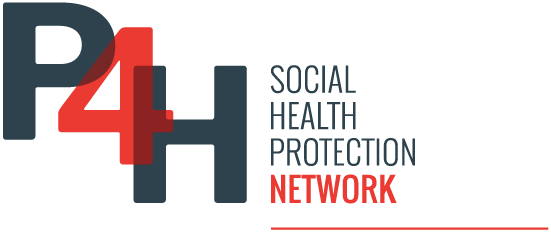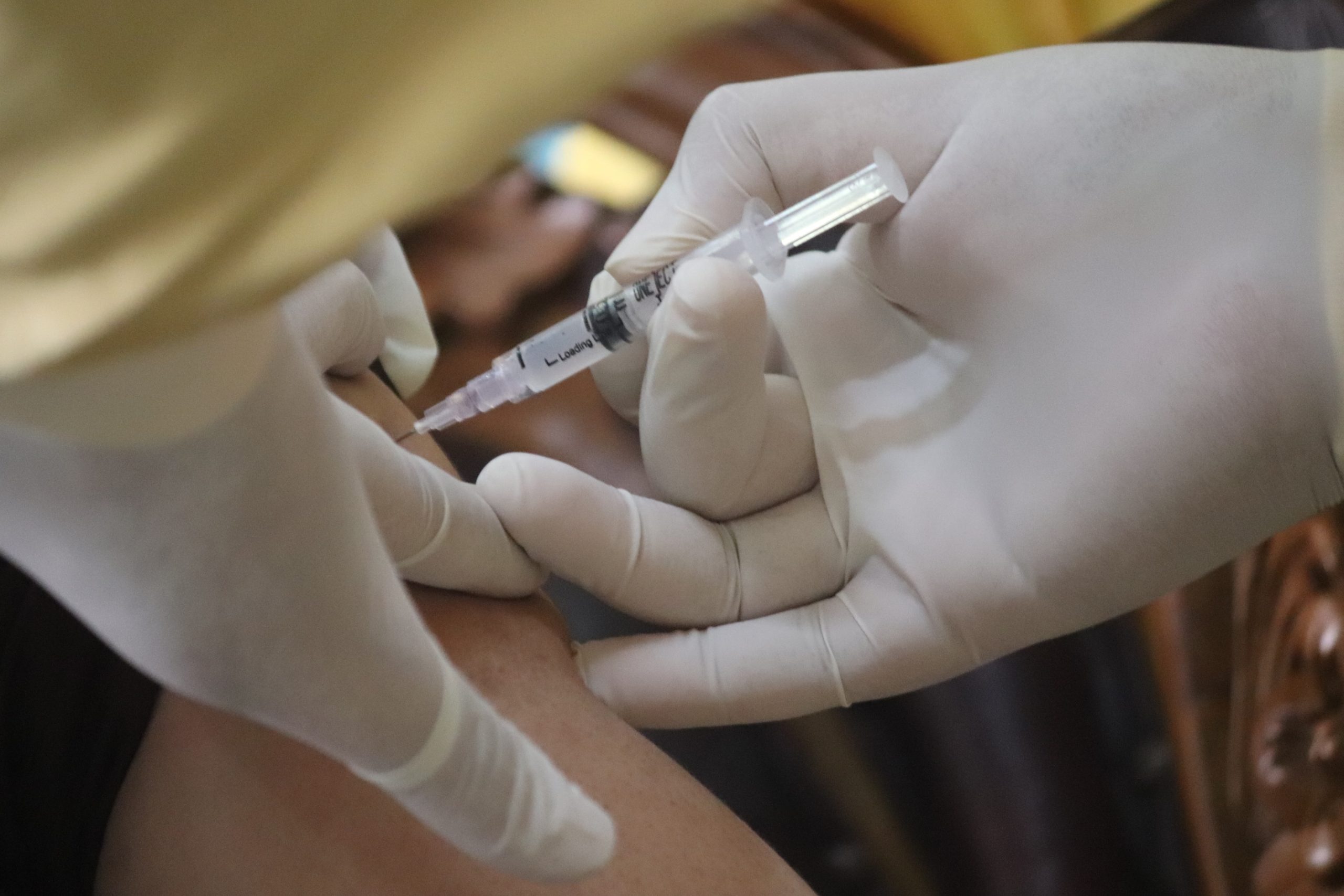‘The issue of sustainable financing for new vaccines is particularly pertinent as Indonesia transitions away from extensive Gavi support towards a self-financing immunization system. As the current immunization system transitions, practical solutions must be found and applied to provide more flexibility in the budget for financing immunizations without sacrificing the current healthcare system’s needs.
Despite the fact that Indonesia’s Gross National Income rose from USD 1390 in 2006 to USD 3650 in 2014, the government share of total routine immunization expenditures dropped from 95% to 64% during this period.
Despite the fact that Indonesia’s Gross National Income rose from USD 1390 in 2006 to USD 3650 in 2014, the government share of total routine immunization expenditures dropped from 95% to 64% during this period. In addition, Indonesia health spending per capita has increased rapidly since 2010. Nevertheless, the relative value as a proportion of Gross Domestic Product (GDP) remains lower than the average of MICs and neighboring countries in Southeast Asia, such as Thailand (2.8%), Malaysia (1.9%), Singapore (2.1%), and Vietnam (2.7%)
While economic evaluation studies are essential as an initial step to ensure financial readiness, the lack of reliable data is the first barrier to Indonesia’s journey toward a self-financing immunization system. To overcome this problem, standardization of data collection strategies and methodologies are required. In particular, Indonesia may have to explore other options to increase revenue for its immunization system, such as through general revenue from the central government, a sector-wide approach to financing, and a national trust fund.
To deal with the tight immunization budget and its consequences, Indonesia also has to restructure its immunization system, which can be implemented through province block grants, insurance mandate and subsidy.
Taking the potential of a COVID-19 vaccine into account, the Indonesian government should consider a number of costs and issues beyond the development and procurement of vaccines. The costs of delivering vaccines to the remote parts of Indonesia, implementing the necessary infrastructure, and modifying vaccine delivery are also important in this time of transition. These constraints must be addressed in the new self-financing system and other public health efforts must be increased to decrease the burden of infectious disease as Indonesia develops a stronger immunization system.’
The scope of financing immunization goes well beyond achieving SDG 3. It will carry over to various other development goals such as no poverty, zero hunger, quality education, gender equality and more.
‘With economic decline due to the COVID-19 pandemic and the country starting to transition to fully self-financing its immunization program, extra sources are required to replace about 10–15% of the externally financed share of the immunization program budget.
Learning from the experience of other countries, there are two alternative strategies that can be implemented in Indonesia, such as through province block grants, insurance mandate and subsidy.’
The extract has been sourced from a paper published by MDPI, a Basel based open access publisher authored by researchers from Universitas Padjadjaran, Bandung, Rutgers University and the London School of Economics and Political Science. The entire publication can be found here.
Image Credits: Mufid Majnun/Unsplash
Have something to say about COVID-19 and Health Financing in Indonesia? Please let us know in the comments section below.


